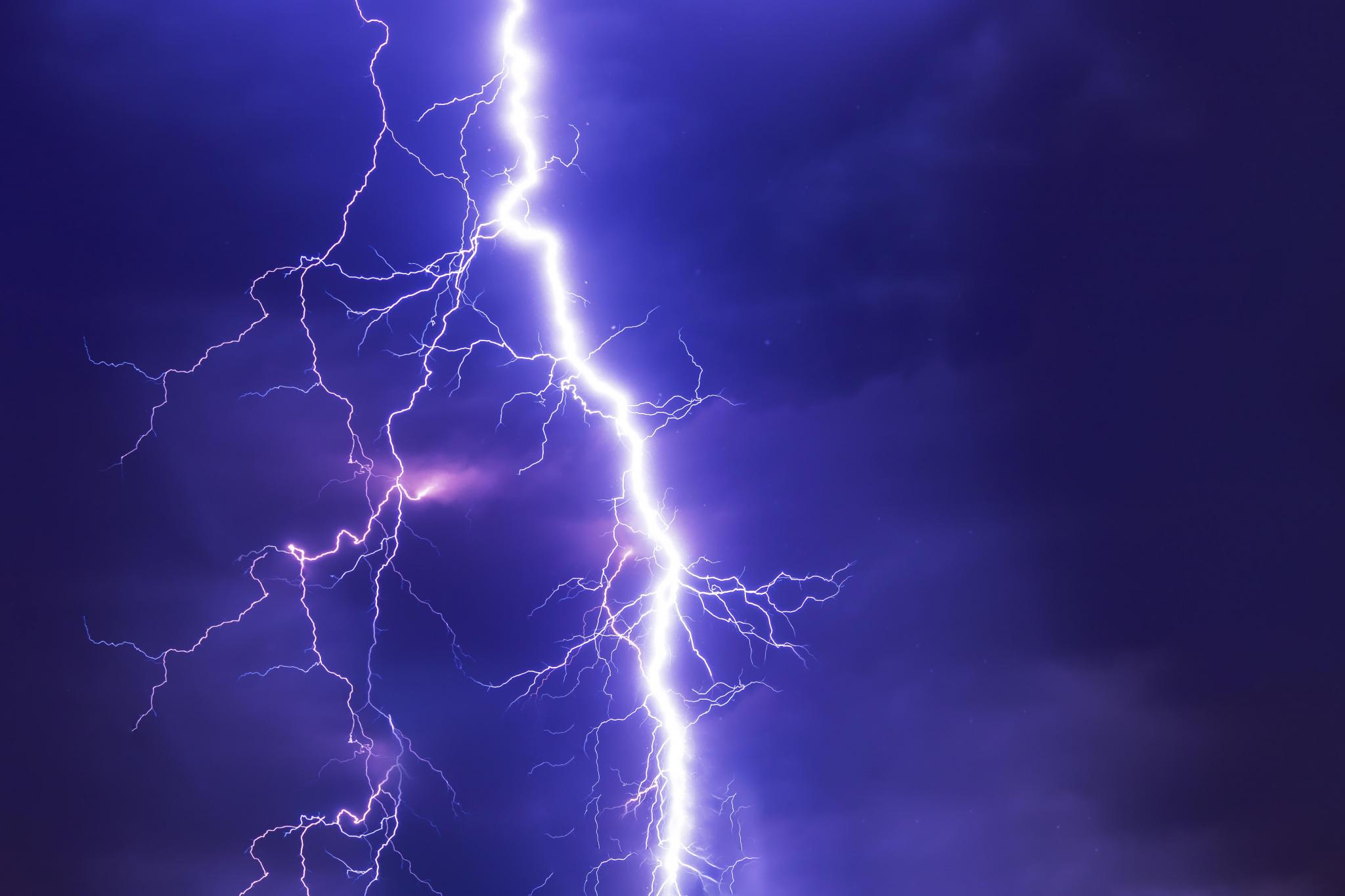
Consumer Tips for Fiscal Fitness: Natural Disaster Preparedness
Texans live in a state with the potential for many types of natural disasters — flash floods, hurricanes, windstorms, tornadoes and wildfires, to name the most common. While we may never know for certain when a natural disaster will strike, you can minimize damage and risk of harm by being prepared. The following tips discuss preparedness for any natural disaster and explore insurance coverage in this unfortunate situation.
Disaster Supply Kit
Every household should have an emergency supply kit ready and easily accessible in case of a disaster. This kit should include a flashlight with extra batteries, a first aid kit, a crank or battery operated radio with NOAA weather radio capabilities, necessary prescription medications, an emergency whistle to signal for help, a gallon of water per person for at least three days and several days’ worth of nonperishable food. Other items to consider including are pet food, a list of emergency phone numbers, a cell phone with a battery powered charger, extra batteries and a can opener. It’s also a good idea to include cash in the instance that ATMs are either unavailable or damaged.
Family Emergency Plan
Your family may not be together when disaster strikes, and this can cause increased panic if you haven’t prepared for this situation. A family disaster plan that includes how you will contact each other and identifies a safe place to gather as an alternative to your home is extremely important. This plan will ensure your children know what to do, where they can go and who they can stay with in the event of an emergency. The FEMA website includes a family emergency plan that can be printed to help assist families with developing their individual plans.
Safeguard Documents
Prepare a vital records kit with copies of important documents to store in a waterproof and fireproof container in a safe place in your home. Another option is to scan and store these documents in a cloud-based application so that it will be protected even if your home is destroyed. Yet another good option is a safe deposit box at your local community bank. Documents and items for this kit include copies of insurance policies, identification and bank account records, proof of vaccinations for pets, mortgages, birth and marriage certificates and irreplaceable photos.
Homeowners Insurance
While it’s difficult to think about losing your home due to a natural disaster, it’s important to understand what your homeowners insurance policy does and does not cover. Most basic homeowners policies cover fire and lightning, explosion, smoke and damage caused by the weight of ice, snow or sleet. Perils of hail, windstorm, vandalism, theft and water damage may be restricted or even excluded by many policies. In coastal regions or in areas prone to windstorm or hail, it’s likely that your policy will have specific conditions, restrictions or full exclusions regarding coverage. Flood is always excluded and must be purchased through the Federal Flood Insurance Program. Often windstorm coverage for Texas coastal locations must be obtained through the Texas Windstorm Insurance Association. Other perils that are likely excluded include earthquake, sewer back-up, nuclear accidents and water damage if related to flood or an otherwise excluded peril.
All policies have exclusions, even if you have an “all risk” policy. If your policy contains an exclusion of coverage, ask your insurance agent to provide an option for the coverage through another carrier or specialty policy.
While putting together your disaster kit, family plan and other preparations, it’s helpful to know the available resources, including the FEMA and American Red Cross websites. Being prepared will help you and your family remain calm and rational when a disaster strikes, which can save lives. Being educated about your specific homeowners insurance, what is covered and what isn’t will help you make an informed decision about any additional coverage to purchase before a disaster hits. The bottom line is that being prepared for a natural disaster, on several fronts, will help ensure your family recovers and gets back to normal life as quickly as possible.
--
Christopher Williston is the president and chief executive officer of the Independent Bankers Association of Texas, the largest state community banking association in the nation. The information above is provided with the understanding that IBAT is not engaged in rendering specific legal, accounting or other professional services. This information is intended to be a helpful guide. If expert assistance is required, the services of a professional person should be sought.











